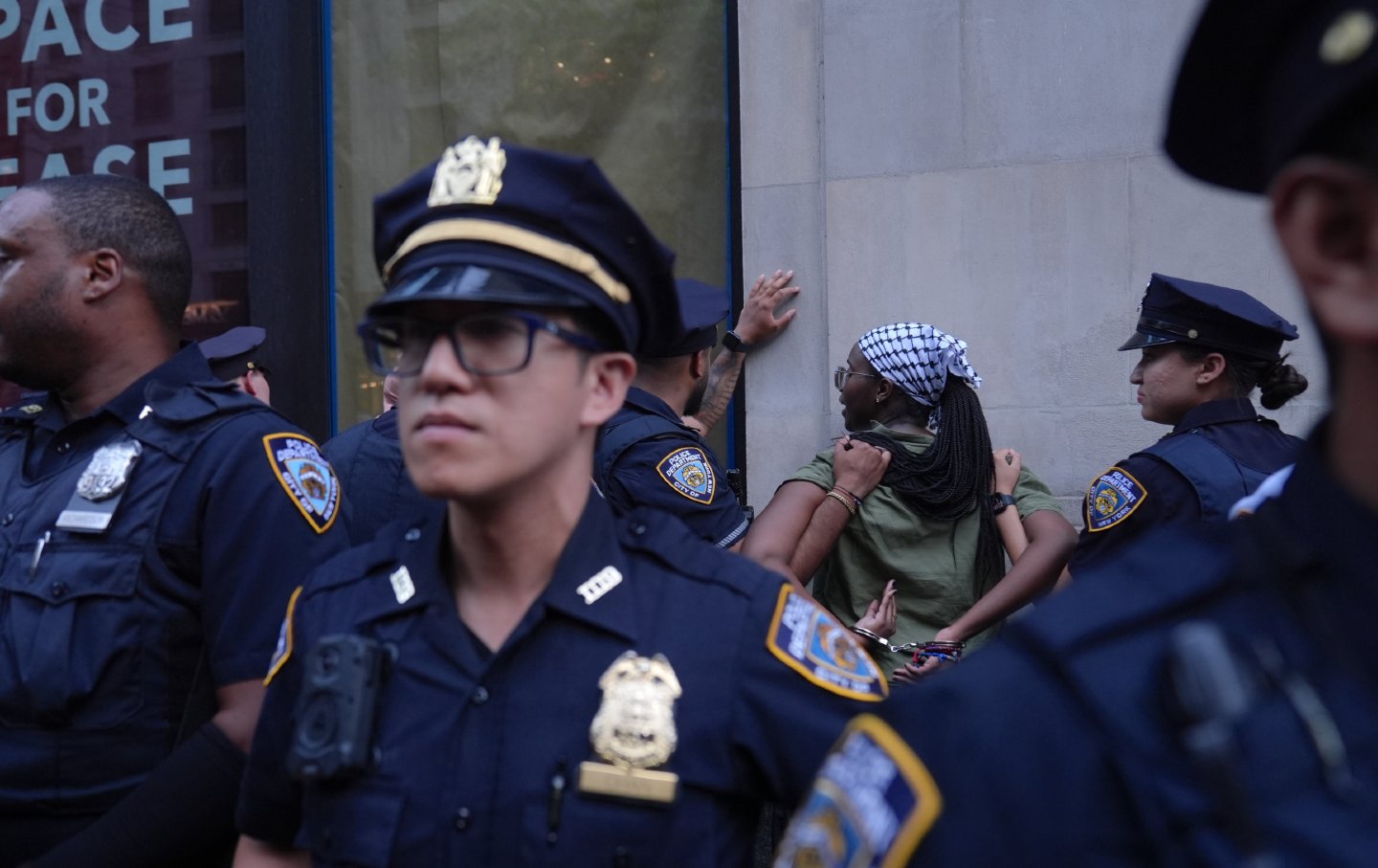
"Since George Floyd's murder, calls have grown louder for accountability-essential but incomplete. Yes, we absolutely need to hold officers accountable and ensure that officers are punished for wrongdoing. But accountability is reactive-it comes only after a tragedy. Rarely does it drive prevention of the next tragedy. In fact, the threat of being sanctioned often creates perverse incentives-driving employees to cover up misconduct that helps explain why punishment alone fails to prevent the excessive use of force."
"After the world watched George Floyd die under Derek Chauvin's knee in 2020, protesters flooded the streets and hopes soared for real reform. Five years later, killings by police have actually risen -especially of Black Americans. Minneapolis's police chief, Brian O'Hara, calls Floyd's death an "open wound." His challenge, shared by departments nationwide, is not only how to punish after tragedy but how to prevent the next George Floyd or Tyre Nichols."
George Floyd's murder galvanized protests and reform hopes, yet five years later police killings have increased, particularly among Black Americans. Accountability mechanisms have grown more prominent but remain reactive, addressing misconduct only after tragedies. Punitive approaches often create perverse incentives that encourage officers to cover up wrongdoing through lying, misleading, or incomplete reports, undermining prevention. A reward-based culture that values community members and emphasizes de-escalation can improve public safety and reduce lethal encounters. Comparable corporate experiences with punitive "three-strike" policies show workers hiding injuries to avoid sanctions, illustrating how punishment-alone strategies can produce harmful concealment rather than safety.
Read at The Nation
Unable to calculate read time
Collection
[
|
...
]